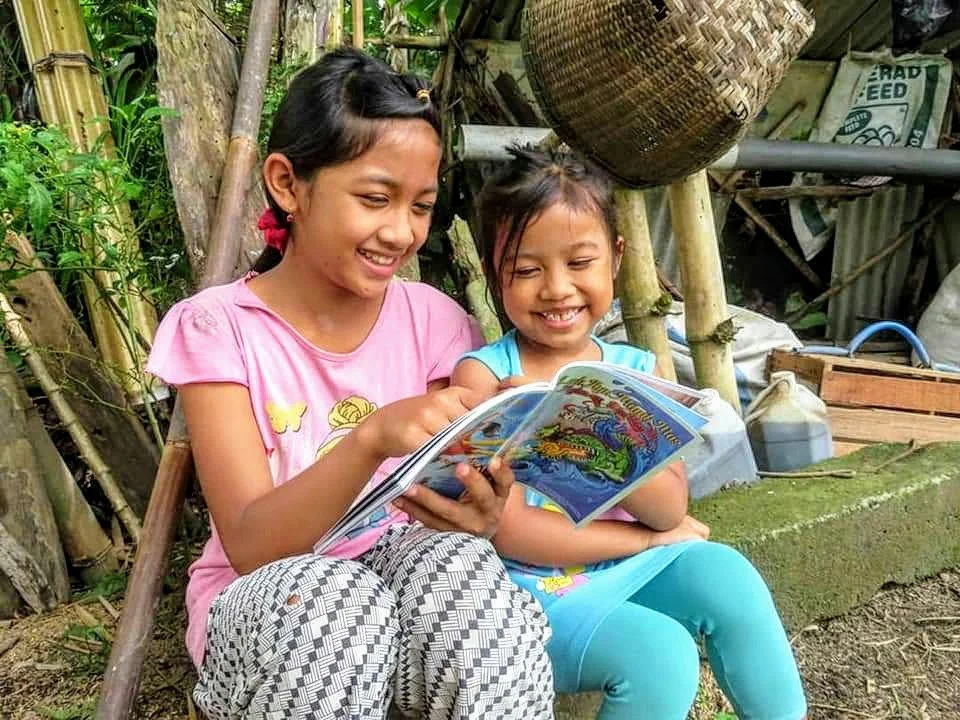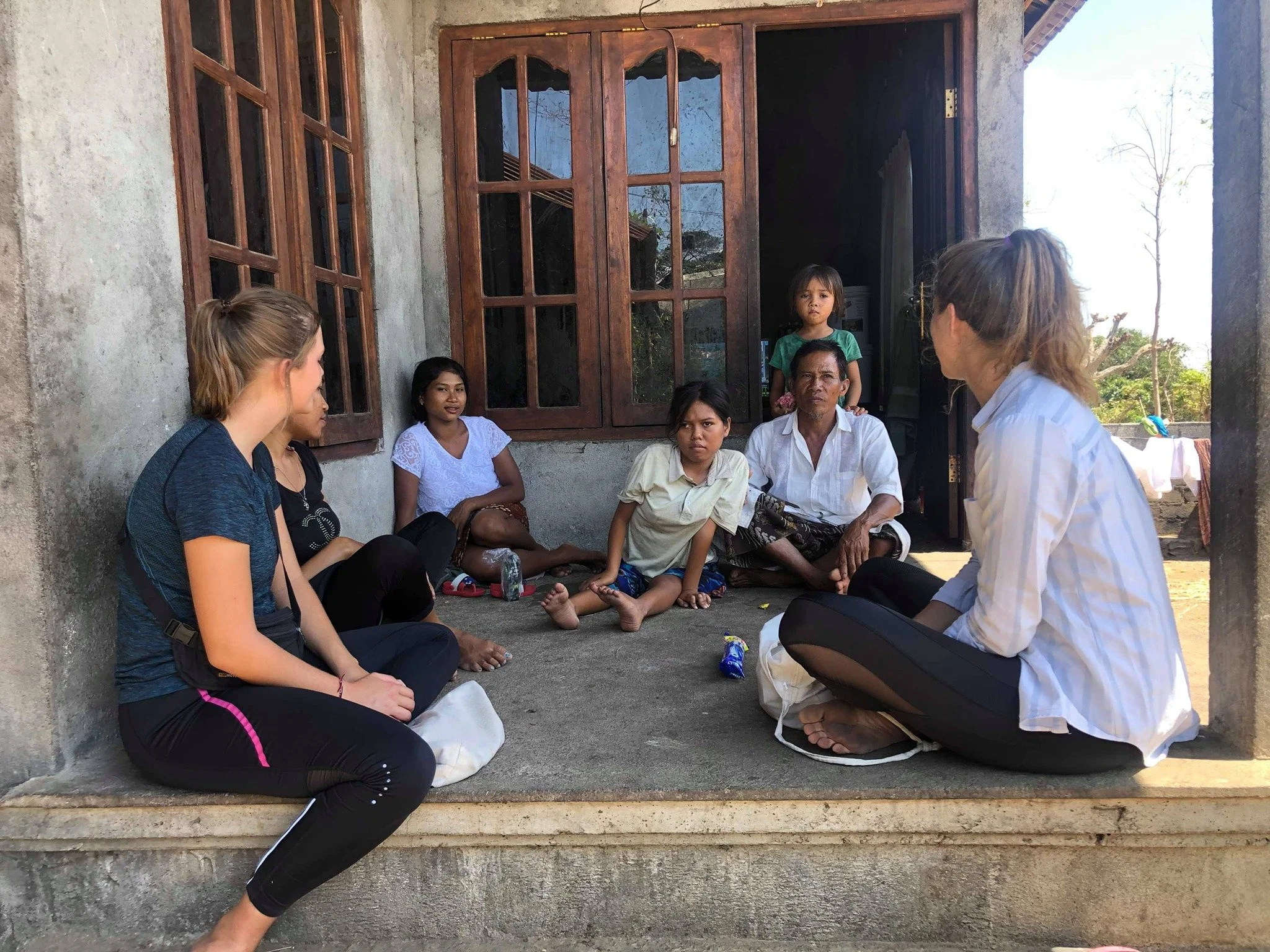Balinese Charity Brings Hope to Forgotten Corners of East Bali
By Marli Ryan
In the dry hills of Amed, a locally run charity — Ikan Kecil Amed Bali — is transforming lives by supporting children with disabilities and families in urgent need, with the help of volunteers.
While most tourists visit Bali for its beach clubs and bustling markets, far from the resorts lies a different reality. In Amed, a remote coastal area in East Bali, basic necessities such as clean water and medical care are still scarce.
That’s where Ikan Kecil Amed Bali, a Balinese-run nonprofit foodbank and community centre, is quietly making a powerful impact — delivering aid to those who need it most.
Established in 2017 in response to the Mount Agung emergency, Ikan Kecil Amed Bali focuses on empowering young Balinese leaders to assist their communities through sustainable solutions. Their work covers crisis management, basic healthcare and sanitation, environmental responsibility, educational equality, and care for people with disabilities and the elderly.
With drop-off points in Amed and Karangasem, the organisation works closely with local villagers to ensure aid reaches the most vulnerable.
The charity’s mission is clear:
“Together we can empower a family to thrive together, to survive a crisis, to educate their children, to revive health, stop malnutrition and care for the elderly.”
While recent floods devastated parts of southern Bali, the Amed region remains dry and under-resourced.
“Where I was up in Amed, it and even then, the water they were getting wasn’t the best,” said Michael Whittaker.
In response, Ikan Kecil distributed filtration buckets and continues to deliver food and medical aid directly to families in remote hillside villages.
The charity also intervenes in medical emergencies, connecting patients with hospitals and providing support throughout their treatment.
What sets Ikan Kecil apart is its deep local roots. The charity is entirely run and operated by Balinese staff and volunteers, with support from a small network of international allies.
“When I went over, I made a point to use a local driver, stay in a local hotel… It’s all about keeping the help grounded in the community,” Whittaker said.
“Amed is like Kuta was in 1978 — so quiet. A beautiful place.”
The organisation not only delivers aid but also supports traditional livelihoods by purchasing locally and collaborating with village leaders to identify those most in need.
While emergency relief remains a priority, Ikan Kecil Amed Bali is also focused on sustainability, helping families break the cycle of poverty.
Plans are also underway to establish tax-deductible donation status in Australia, which would enable more consistent funding and facilitate larger partnerships.
For Whittaker and others who’ve worked with the team, supporting the cause became more than just a gesture; it became a calling.
“Amed struck me. I found this place and… yeah, it’s just got my heart. I’m there 100%,” he said.
“I just loved everything about it over there,” said Whittaker.
From medical deliveries to local cooking classes, every moment spent with the community strengthened the bond between the volunteers and the people of Amed.
“We don’t realise how much help is still needed in Bali when you go beyond the tourist zones,” said Whittaker. “But once you see it, you can’t look away.”



